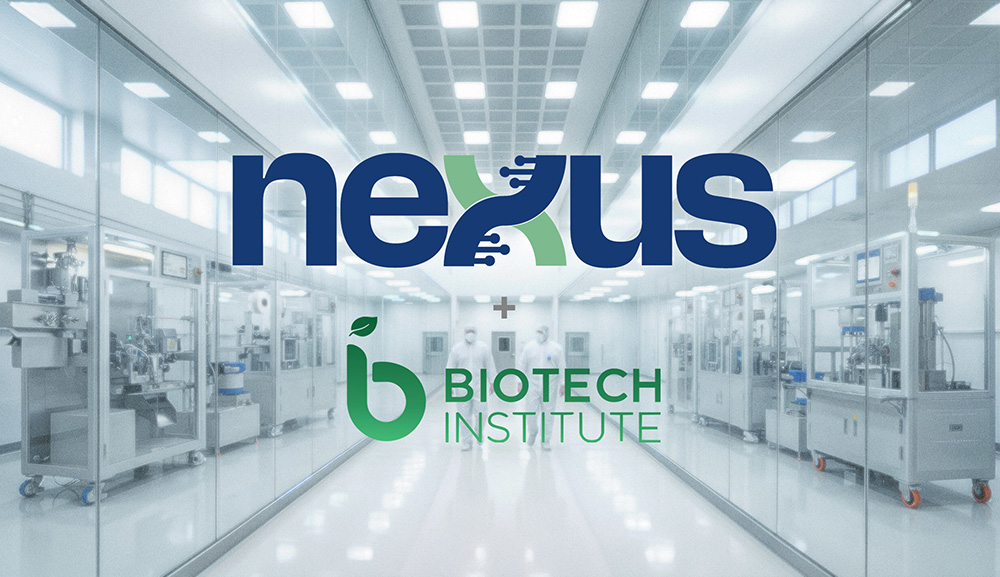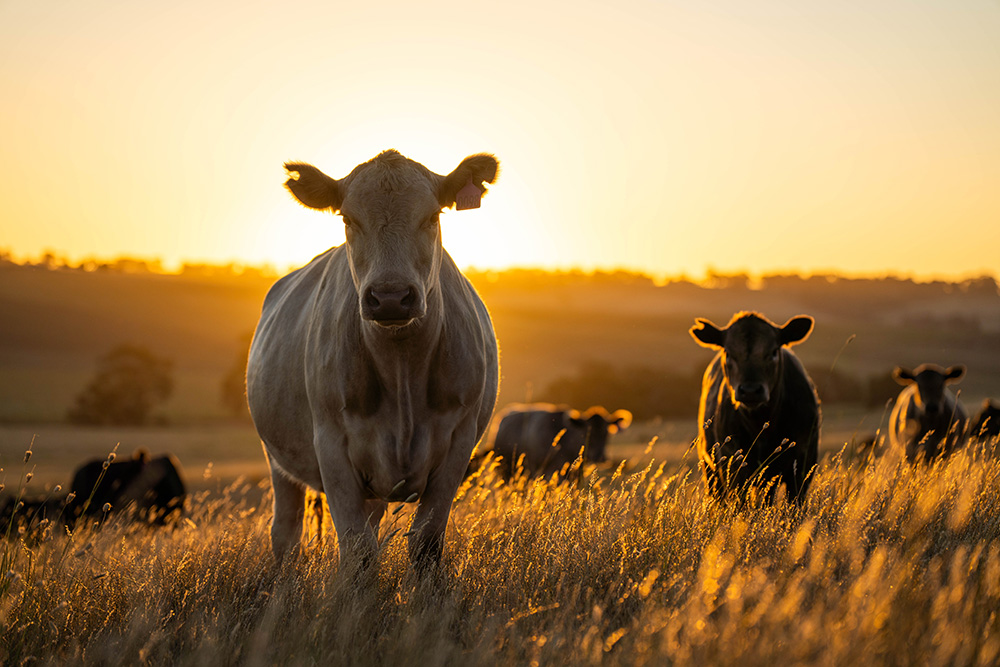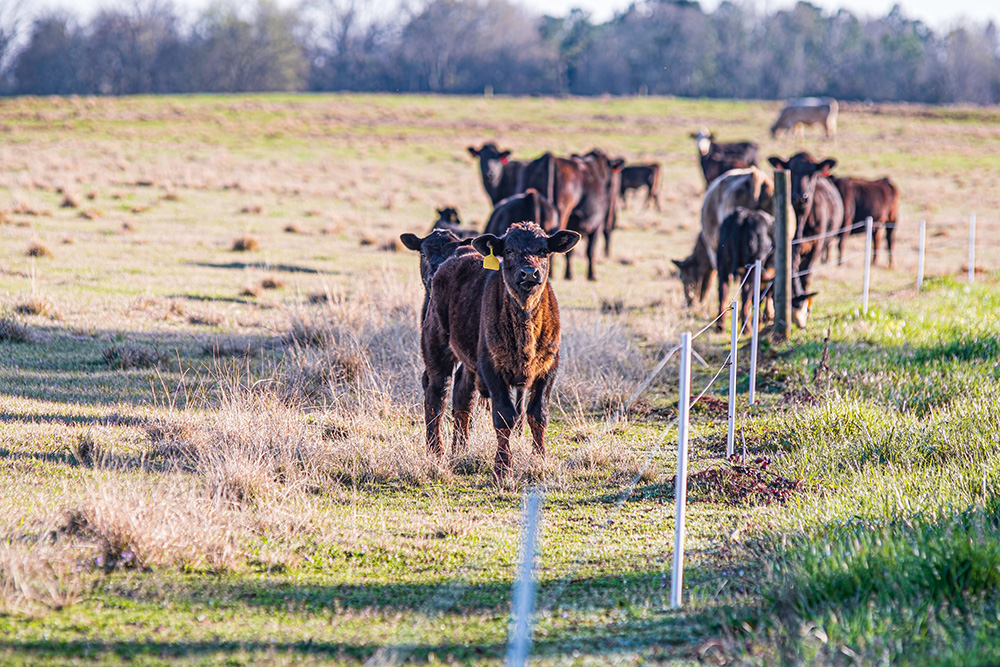

Millow opens landmark mycelium protein facility in Sweden, pioneering a new category of clean-label fermentation foods
Swedish food-tech innovator Millow has commissioned its first full-scale production facility, marking a major milestone in its mission to reshape alternative protein with a radically clean-label offering made from oats and mycelium. Located in a 2,500m² former LEGO manufacturing hall in the heart of Gothenburg, the site will house not only commercial-scale production but also one of Europe’s most advanced fermentation research labs.
The new factory is the result of three decades of academic research led by Professor Mohammad Taherzadeh, now Millow’s Chief Scientific Officer, and a €17.5 million blended-finance award from the European Innovation Council (EIC), including an initial €2.5 million grant. Once fully operational later this year, each line at the site will be capable of producing up to 500kg of complete protein per day, propelling the company well beyond pilot scale.
“Critics say plant meat failed on taste and transparency; this factory shows we can solve both at industrial scale,” said Dr Staffan Hillberg, Millow’s Co-founder and Executive Chairman.
The announcement comes at a pivotal moment in the alt-protein market. Conventional plant-based categories are facing consumer fatigue, declining retail growth, and increased skepticism over ‘ultra-processed’ labels. Millow aims to counter that narrative entirely – with a product that contains only two core ingredients, no binders, no additives, and no synthetic flavor enhancers.
“We’re not just offering a new plant-based burger,” said Taherzadeh. “What we’ve created is an entirely new category of protein.”

That category is built on what Millow calls dry-state fermentation – a patented process where mycelium (the filamentous root system of fungi) grows directly onto whole oats in a near-dry environment. “We’ve taken inspiration from nature,” said Taherzadeh. “Most plants grow in soil, not in water. So, instead of liquid fermentation tanks, we grow our fungi on oats, using just enough moisture for them to thrive.”
The result is a whole-food matrix that resembles muscle tissue in both structure and performance. “It sears like beef, holds its shape, and leaves no aftertaste,” he added. “That’s the brilliance of our process – texture and flavor emerge naturally, without the need for binders or masking agents.”
Each 100g portion of Millow delivers 27g of complete protein, gut-friendly beta-glucans and chitosan fiber, plus natural vitamins and minerals – all at just 140 calories. The product is free from soy, peas, and wheat, and does not rely on protein isolates or synthetic additives.
If the ingredients are humble, the technology is anything but. At the heart of Millow’s new facility are proprietary S-Unit bioreactors – modular, AI-driven fermentation units capable of controlling every aspect of fungal growth in solid-state conditions. Each unit, roughly the size of a shipping container, can produce up to a ton of product per day.
“We built the bioreactors in-house, combining precision hardware with adaptive AI software,” said Hillberg. “That level of control is what allows us to scale clean-label production without sacrificing consistency.”
The system doesn’t just enhance quality – it slashes resource use. Compared to traditional liquid fermentation, Millow’s dry-state process reduces water consumption by 95% and energy use by 66%, with no wastewater treatment required. Lifecycle assessments show a 97% reduction in greenhouse gas emissions compared to beef and a dramatic cut in embodied carbon, thanks in part to repurposing the existing LEGO hall – an approach that avoided approximately 1,400 tons of embedded CO₂.

Perhaps most impressive is the platform’s adaptability. Millow can swap out grain substrates overnight, making the system viable in a wide range of geographies. “We’ve tested oats, millet, sorghum, even brewers’ spent grain,” said Taherzadeh. “We’re not limited to one SKU. This is a universal protein platform.”
That flexibility is key to Millow’s expansion strategy. “We want to decentralize protein production,” he continued. “If you’re in Africa, you use millet. In the Nordics, you use oats. That way, regions can grow their own advanced protein using local, affordable resources.”
“We’re also working with side streams from food production – like oat pulp from oat milk or rapeseed residues – to upcycle them into high-value food, animal feed, or even pet food,” added Hillberg.
This localism isn't just sustainability window-dressing - it has real implications for cost, food security, and cultural relevance. “We’re not trying to impose a Swedish burger on the world,” said Taherzadeh. “We’re offering a way to produce meat-like foods that reflect local crops, tastes, and traditions.”
Millow’s launch comes at a time when plant-based skepticism has gone mainstream. Once-heroic brands are now being questioned for ‘health-washing’, with ingredient lists full of isolates, gums, colorants, and unpronounceables.
That’s exactly what Millow is trying to avoid. “Clean label isn’t just a buzzword for us,” said Hillberg. “It’s a design principle. Fewer than five ingredients. No E-numbers. No tricks.”
The company has taken steps to build consumer trust beyond the ingredient list. All oats are sourced from EU or Swedish farms, and each batch comes with QR code traceability. Independent third-party LCAs verify environmental claims. Certification processes are underway for carbon neutrality and FSSC 22000 food safety.
For regulatory purposes, Millow’s product can be listed as ‘fermented oats’ – a description that has tested well with consumers. “People respond positively to fermentation,” said Taherzadeh. “It’s associated with sourdough, kombucha, yogurt. It signals health and craft.”

With the factory now live and commissioning of production lines underway, Millow expects its first products to hit retail and food-service channels by the end of 2025. Formats will include mince, burgers, kebabs, meatballs, and even a dairy-style paneer, with hybrid applications also under development.
“We’re working closely with several food brands, distributors, and restaurant groups across Europe,” Hillberg confirmed. “The goal is to launch multiple SKUs tailored to different markets – starting with the Nordics, then expanding into Western Europe.”
“Our tasting events have already begun,” he added. “Journalists and partners are trying the product, and the response has been phenomenal. You can see it in their faces – it’s the moment they realize this isn’t just another meat alternative.”
If you have any questions or would like to get in touch with us, please email info@futureofproteinproduction.com

.png)






